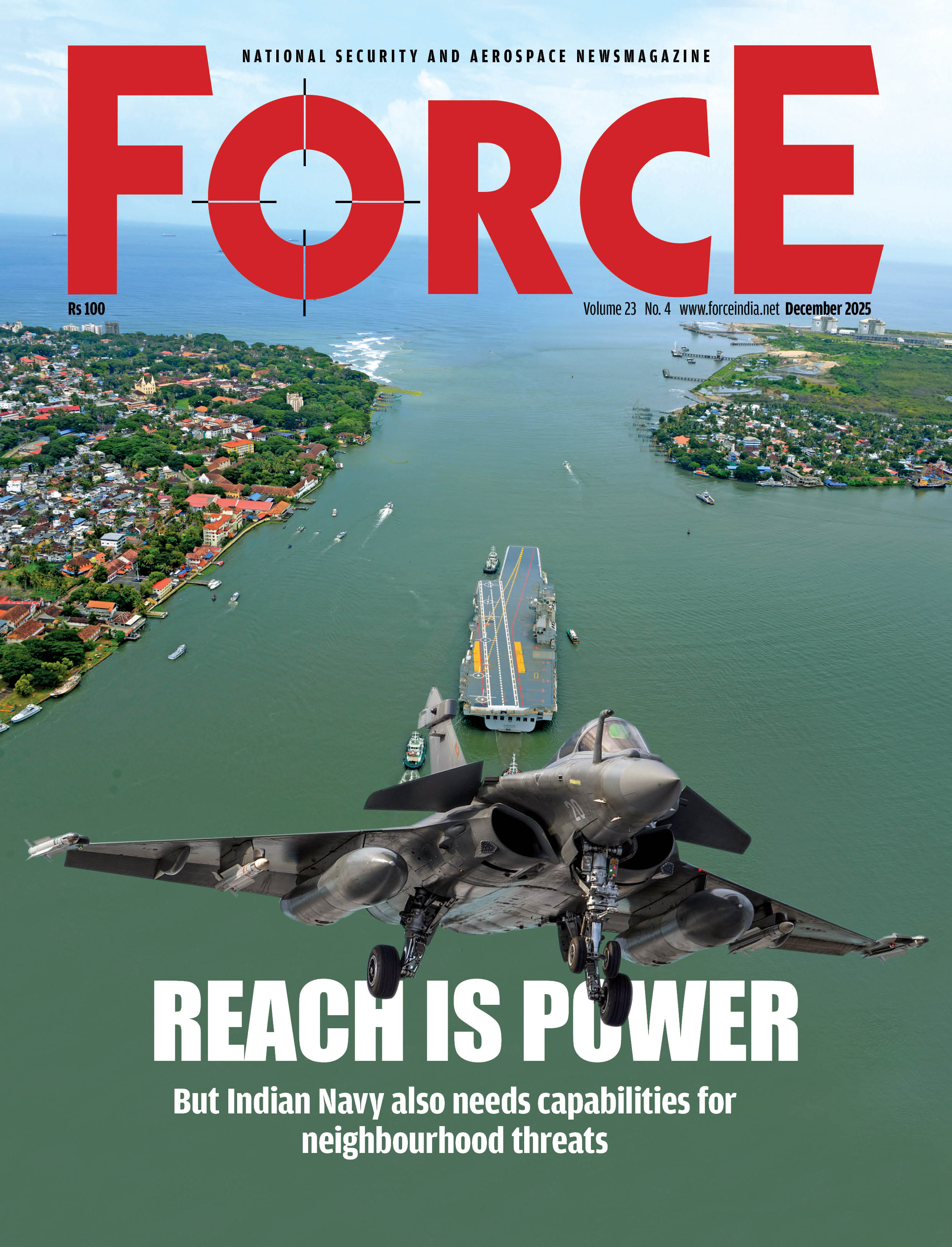The More Things Change
Reporting the Israel-Palestine conflict has always been fraught with danger. An extract
Shyam Bhatia

Israeli immigration and special security were especially tough at Ben Gurion airport at Tel Aviv and the three overland crossings—two from Egypt and one from Jordan. Most foreigners coming into Israel register their surprise at the sometimes lengthy questioning they have to undergo. This questioning may be tougher still for international reporters who have Arab stamps in their passports and/or with some further connection to the Arab, Asian and Islamic worlds. Many of them are automatically labelled potential suspects by the young security guards who are changed at border crossings every three of four months.
One Asian colleague loved to tell the dinner table story of how on one occasion he was stopped and interrogated for two hours when he tried to cross over from Sharm el-Sheikh into Eilat. Before he knew it, he was surrounded by heavily armed guards who marched him into an interrogation room where he was first stripped and then questioned for the next two hours. As a result he missed his connecting Arkia flight to Tel Aviv.
The following day when he returned to Eilat airport, he handed in his new ticket and started taking of his clothes. Fellow passengers and the woman at the check-in desk watched in horror as he took off his shirt, his trousers, his socks and his shoes. All he was left wearing were his freshly laundered underpants. As the check-in clerk screamed in horror, ‘What are you doing?’ he responded calmly and without any hysterical outburst, ‘I’m saving you some of the trouble in advance because I don’t want to miss today’s flight as well’.
The security experienced by both arriving and departing passengers at airports like Eilat and Ben Gurion was sometimes just as gr
Subscribe To Force
Fuel Fearless Journalism with Your Yearly Subscription
SUBSCRIBE NOW
We don’t tell you how to do your job…
But we put the environment in which you do your job in perspective, so that when you step out you do so with the complete picture.







